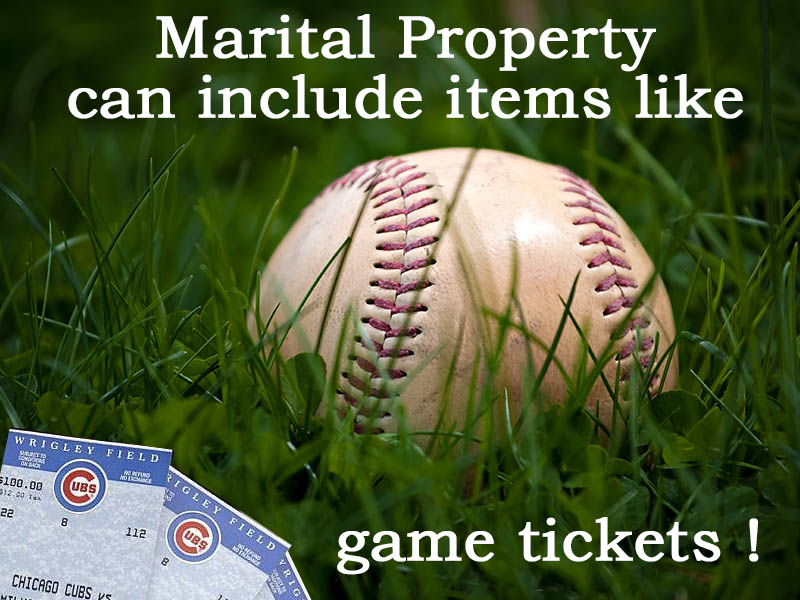Research conducted by University of Washington sociologists suggests that there are. Trending in the news are the results of a study conducted by associate professor at the University of Washington Julie Brines and doctoral candidate Brian Serafini. They presented their findings at the Annual Meeting of the American Sociological Association in Seattle, Washington. The study…
Continue reading ›Children & Finances With
Experience & Compassion


















